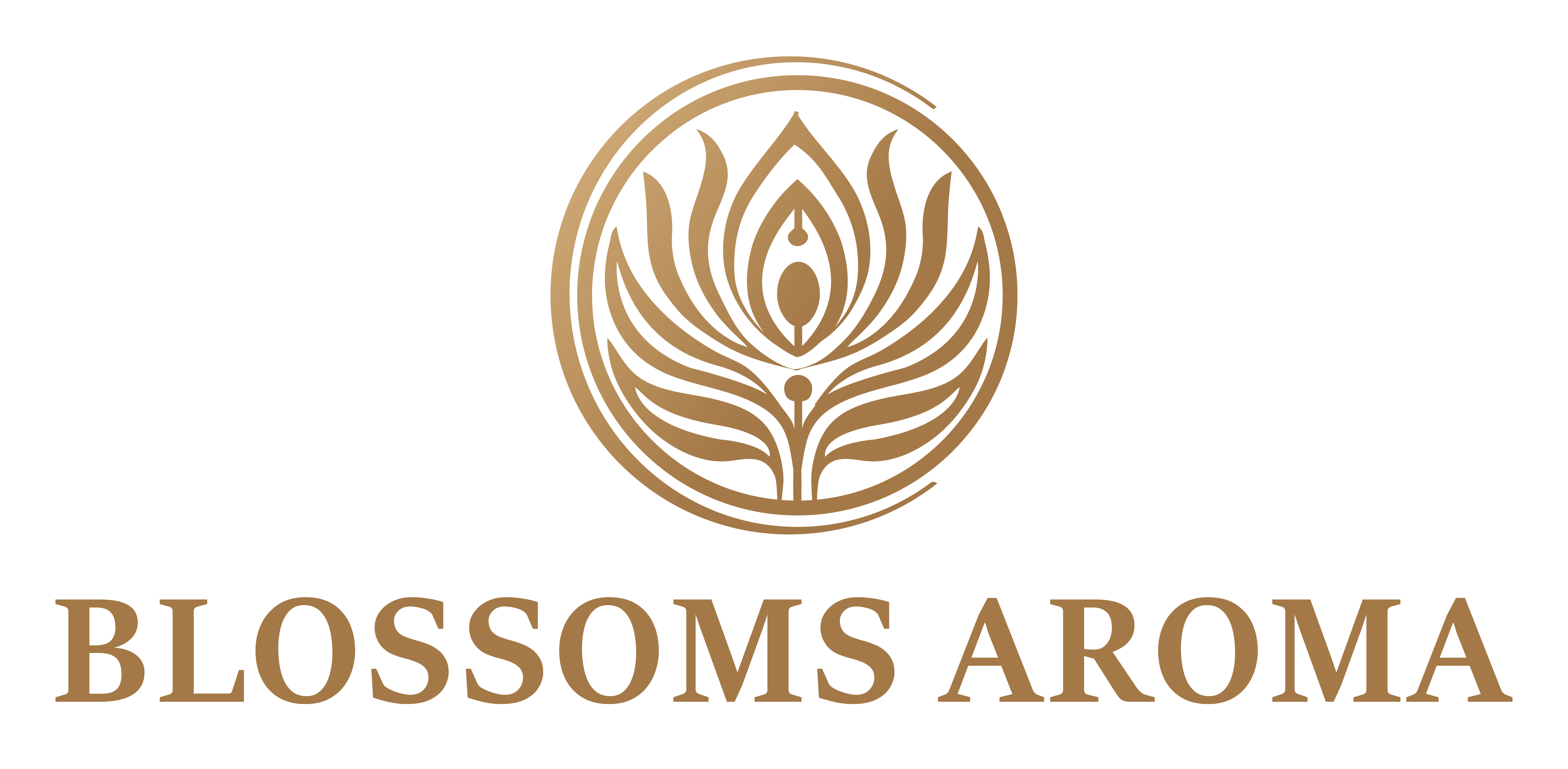mimosa seed OIL
All About Mimosa Seed Oil:
Mimosa seed oil, derived from the seeds of the Mimosa tree (Acacia dealbata), is a precious botanical oil with a range of therapeutic and cosmetic benefits. This oil, cherished for its delicate aroma and nourishing properties, has been utilized for centuries in various cultures for its skincare and medicinal properties.
Mimosa Seed Oil Specifications:
GENERAL CHARACTERISTICS
- Product: MIMOSA SEED OIL
- Botanical Name: Acacia dealbata
- Family: Fabaceae
- Part of the plant used: Seeds
- Appearance: Clear to slightly yellowish liquid
- Colour: Pale yellow
- Odour: Delicate, floral aroma
IDENTIFICATION
- A. TLC: It complies with test
- B. GC: It complies with test
PHYSIO-CHEMICAL PROPERTIES
- Relative density: 0.910 – 0.930
- Refractive index at 20°C: 1.467 – 1.474
- Optical rotation: (+5°) – (+15°)
- Storage: Store in a cool, dry place away from direct sunlight.
Mimosa Seed Oil History: Mimosa seed oil has a rich history dating back centuries. Historically, it has been utilized in traditional medicine and skincare practices in regions where the Mimosa tree is native, such as parts of Asia and Australia.
Mimosa Seed Oil Industrial Uses: Mimosa seed oil finds extensive applications in skincare, aromatherapy, and alternative medicine. It is prized for its moisturizing, soothing, and rejuvenating properties, making it a popular ingredient in various cosmetic formulations.
Properties (Based on COA Report)
- Synonyms: Acacia dealbata oil, Mimosa oil
- Botanical Name: Acacia dealbata
- Part Used: Seeds
- Color: Pale yellow
- Viscosity: Light
- Perfumery Note: Delicate, floral
- Shelf Life: Approximately two to three years
- Density: 0.910 – 0.930
- Refractive Density: 1.467 – 1.474
EXTRACTION: Mimosa seed oil is extracted from the seeds of the Mimosa tree through a process of cold pressing or solvent extraction. The seeds are carefully harvested and processed to yield a pure, high-quality oil with maximum therapeutic benefits.
ECOLOGICAL INFORMATION: The Mimosa tree, native to regions such as Asia, Australia, and parts of the Americas, is known for its adaptability to various environmental conditions. It thrives in well-drained soils and is often found in sunny or partially shaded areas.
15 Proven Uses and Benefits:
- Skincare: Mimosa seed oil is a potent moisturizer, helping to nourish and hydrate the skin, leaving it soft, supple, and radiant.
- Anti-Aging: It contains antioxidants that help combat free radicals, thereby reducing the signs of aging such as wrinkles, fine lines, and age spots.
- Soothing: Mimosa seed oil has anti-inflammatory properties that help soothe irritated or inflamed skin, making it ideal for sensitive or troubled skin.
- Healing: It promotes skin healing and regeneration, making it beneficial for treating wounds, scars, and minor skin irritations.
- Hair Care: Applied to the hair and scalp, Mimosa seed oil moisturizes and conditions, leaving hair silky, smooth, and manageable.
- Aromatherapy: The delicate floral aroma of Mimosa seed oil has calming and uplifting effects, making it a popular choice for aromatherapy and relaxation.
- Massage: It is an excellent massage oil, helping to relax muscles, relieve tension, and promote overall well-being.
- Antiseptic: Mimosa seed oil exhibits antiseptic properties, helping to cleanse and protect the skin from harmful bacteria and microbes.
- Emollient: It forms a protective barrier on the skin, preventing moisture loss and keeping the skin soft and hydrated.
- Anti-Inflammatory: Mimosa seed oil helps reduce inflammation and redness associated with conditions such as eczema, psoriasis, and dermatitis.
- Sun Protection: It offers natural protection against the harmful effects of UV radiation, helping to prevent sunburn and sun damage.
- Scalp Health: When massaged into the scalp, Mimosa seed oil helps nourish the hair follicles, promoting healthy hair growth and reducing dandruff.
- Relaxation: The calming aroma of Mimosa seed oil helps promote relaxation, reduce stress, and improve sleep quality when used in aromatherapy.
- Mood Enhancement: It uplifts the mood and promotes a sense of well-being, making it an excellent choice for diffusing or inhalation.
- Holistic Healing: Mimosa seed oil is valued in holistic healing practices for its ability to balance the mind, body, and spirit, promoting overall health and vitality.
Abstract or How to Extract it? Mimosa seed oil contains a unique blend of fatty acids, vitamins, and antioxidants, which contribute to its nourishing and therapeutic properties.
CONCOCTION: Mimosa seed oil blends well with other carrier oils such as jojoba oil, sweet almond oil, and coconut oil, as well as with essential oils like lavender, rose, and geranium oil, creating customized formulations for skincare, massage, and aromatherapy.
SAFETY MEASURES:
- Eye Contact: Rinse eyes thoroughly with water and seek medical attention if irritation persists.
- Skin Contact: Wash affected area with soap and water. Discontinue use if skin irritation occurs.
- Inhalation: If inhaled excessively, move to fresh air and seek medical attention if respiratory discomfort persists.
- Ingestion: Do not ingest Mimosa seed oil. Seek medical advice immediately if ingested accidentally.
STORAGE & HANDLING:
- Store Mimosa seed oil in a tightly sealed, dark glass bottle in a cool, dry place away from heat and sunlight.
- Keep out of reach of children and pets to prevent accidental ingestion or misuse.
- Use caution when handling undiluted Mimosa seed oil to avoid skin irritation or allergic reactions.
TOXICOLOGICAL INFORMATION: Mimosa seed oil is generally safe for topical and aromatic use when properly diluted. However, it is recommended to perform a patch test before widespread use to check for any adverse reactions. Avoid excessive use, especially for those with sensitive skin or allergies. If irritation occurs, discontinue use and consult a healthcare professional.

